How to Diagnose Early Ectopic Pregnancy Symptoms?
Fertility Treatment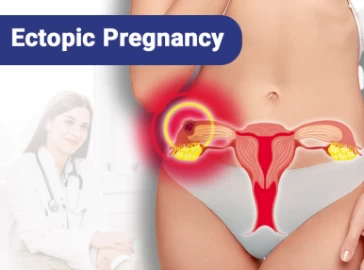
In today's world, about 1% of pregnancies are ectopic. An ectopic pregnancy occurs when a fertilized egg is implanted outside the uterus, usually in the fallopian tube (which connects the ovary to the uterus). It is important to be aware of ectopic pregnancy symptoms such as severe bleeding, unbearable pain in the pelvis and groin, and low blood pressure to prevent lethal complications.
In this article, you can find the main causes and signs of ectopic pregnancy and get useful information about how to diagnose its symptoms in time.
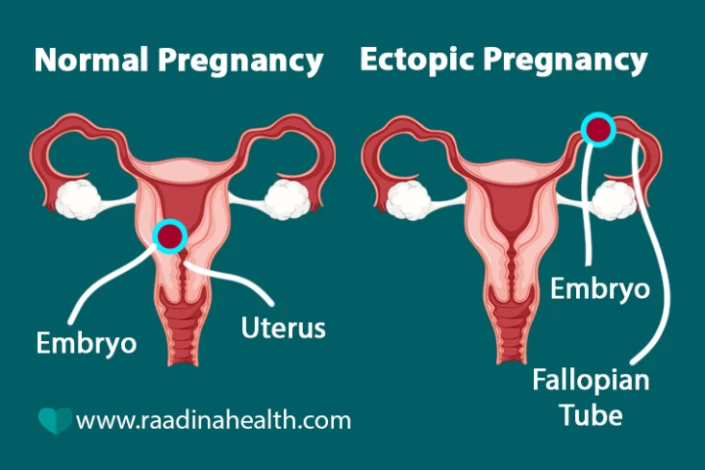
What Is Ectopic Pregnancy?
In a normal pregnancy, one of the ovaries releases an egg into the fallopian tube, and when sperm fertilizes the egg, it moves to the uterus to grow inside it for nine months. If the fallopian tubes are damaged or obstructed, the fertilized egg (zygote) cannot enter the uterus, and ectopic pregnancy -also called extrauterine and tubal pregnancy- happens.
Because of the dangers of this type of failed pregnancy, early detection and treatment are significant. If an ectopic pregnancy is not treated on time, the fallopian tube ruptures as the fetus grows, leading to severe abdominal pain and bleeding. Therefore, you must rush to the hospital when ectopic pregnancy symptoms start. This pregnancy can cause permanent damage to the fallopian tube or even the mother's death. Unfortunately, there is no way to transfer the fetus from the fallopian tube to the uterus, so the only solution to this problem is abortion through a medicine called methotrexate or a surgical procedure.
Ectopic Pregnancy Symptoms
For the first few weeks, there will be no evident signs of ectopic pregnancy to warn you about ectopic pregnancy. However, contact your doctor if you notice the following symptoms during pregnancy's 6th to 8th week.
- Severe vaginal bleeding. In this condition, the blood is either red or brown (like the color of dried blood);
- Pelvic pain, which is first mild and then intensifies;
- Pain in the abdomen, anus, neck, and shoulders. It increases when you move, cough, sneeze, or dump;
- Pain in the shoulders, especially where the shoulder’s bone end and the arm begins;
- Nausea and vomiting;
- Palpitation, pale skin, and fainting;
- Continuous weakness and dizziness;
- Low blood pressure;
- Pain in one side of the body;
- Tender breasts;
- Sudden cramps; and
- Repeated urination.
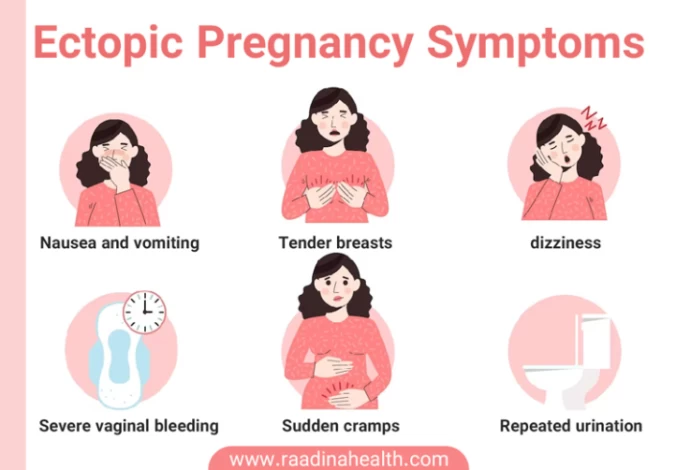
Keep in mind that the initial symptoms of ectopic pregnancy are just like the normal pregnancy, but if these symptoms last longer than they should, they may be the signs of a failed pregnancy.
When do Ectopic Pregnancy Symptoms start?
In a few cases, ectopic pregnancy has no evident symptoms and can only be diagnosed through ultrasound and pregnancy tests. However, most ectopic pregnancies have initial symptoms, including sharp pain in the abdomen and groin, vaginal spotting and bleeding, and digestive problems, all of which develop between the 6th and 12th weeks of pregnancy. Therefore, contact your doctor immediately if you have any of these symptoms within the first few weeks of pregnancy.
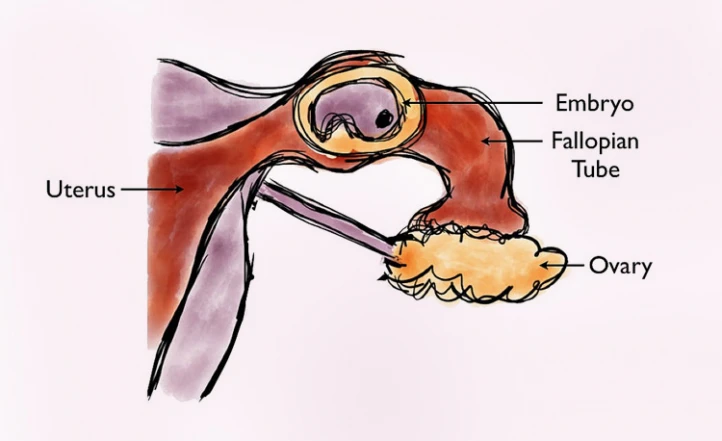
What causes an ectopic pregnancy?
To reduce the fatal risks, it is crucial to know the ectopic pregnancy causes. The main causes of ectopic pregnancy include:
- Fallopian tube surgery: The most common cause of ectopic pregnancy is fallopian tube surgery, which is performed for a variety of reasons, including infection, recanalization, endometriosis in the fallopian tubes, etc.;
- Having a history of ectopic pregnancy: If you have a history of ectopic pregnancy, you probably experience it again;
- Pelvic inflammatory disease (PID): Having an infection in the upper reproductive organs caused by sexually transmitted infections (STIs) such as gonorrhea or chlamydia increases the risk of ectopic pregnancy;
- Having multiple sexual partners: Having unprotected sex with multiple partners can increase the risk of infection and ectopic pregnancy;
- Using drugs during pregnancy: Smoking and using drugs can lead to blocked fallopian tubes and highly increase the risk of ectopic pregnancy;
- Endometriosis: When the endometrial tissue forms outside its original site (the uterus), it causes scar tissue, which prevents the zygote from reaching the uterus. In that case, ectopic pregnancy may occur;
- Being over 35: The chance of ectopic pregnancy increases with age. So, women over the age of 35 - 40 are more at risk of experiencing ectopic pregnancy;
- Using an IUD device: The possibility of pregnancy is rare when using an intrauterine device (IUD). However, if you become pregnant while you have an IUD, there is a possibility of ectopic pregnancy;
- Progesterone-containing birth control pills: According to some investigations, taking these kinds of pills increases the risk of failed pregnancies such as ectopic pregnancy;
- Abnormal shape of the fallopian tube: If the fallopian tubes have problems such as para-tubal cyst and tubal torsion, the chance of an ectopic pregnancy increases;
- Using fertility treatments: Some investigations suggest that women who have had in vitro fertilization or used other assisted reproductive technologies (ART) like ICSI treatments are more likely to have an ectopic pregnancy. Infertility on its own may also increase your risk of ectopic pregnancy.
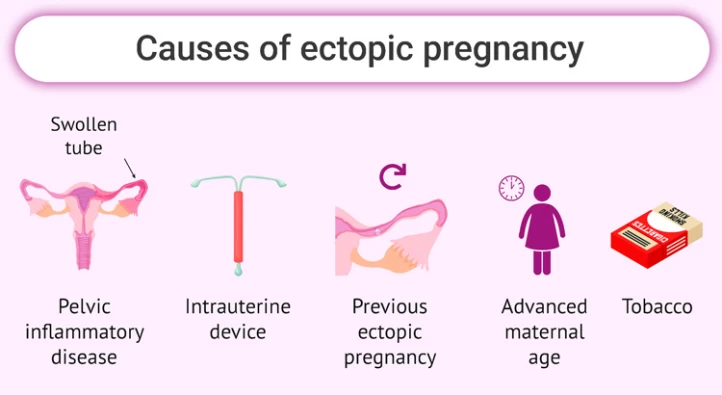
Ectopic Pregnancy Diagnosis
To diagnose an ectopic pregnancy, your doctor will carry out a transvaginal ultrasound scan, take a blood test, or perform a laparoscopy. Early detection can prevent internal bleeding and loss of the fallopian tubes.
- Transvaginal ultrasound scan: To diagnose an ectopic pregnancy, your doctor may scan your fallopian tubes and uterus via ultrasound devices. Although transvaginal scans are accurate, sometimes they cannot help detect ectopic pregnancy due to the small size of the fetus. In that case, the doctor will diagnose ectopic pregnancy when they observe tubal inflammation or blood clots.
- Blood test: A pregnancy test measures the level of human chorionic gonadotropin (hCG) in blood. An increase in the level of this hormone in the blood indicates pregnancy, but if the hormone does not increase to the desired level, an ectopic pregnancy may occur.
- Laparoscopy: Sometimes, ectopic pregnancy cannot be diagnosed by the methods mentioned above, and the doctor must perform a laparoscopy. During this surgery, the doctor makes tiny incisions around the navel and lower abdomen and looks inside the abdomen and pelvic area with a small camera to diagnose the ectopic pregnancy. This method can also determine the exact location of the pregnancy.
Who Are at the Risk of Ectopic Pregnancy?
Almost all women who are sexually active are at risk of ectopic pregnancy; however, women who have one of the following conditions are at a higher risk and should be aware of the early warnings of ectopic pregnancy:
- A history of multiple abortions or ectopic pregnancy;
- Previous pelvic surgery;
- Previous abdominal or tubal surgery (due to endometriosis or other diseases related to female reproductive organs);
- Being over the age of 35;
- Infection and inflammation of the uterus;
- Blockage of fallopian tubes;
- Addiction to drugs and alcohol.
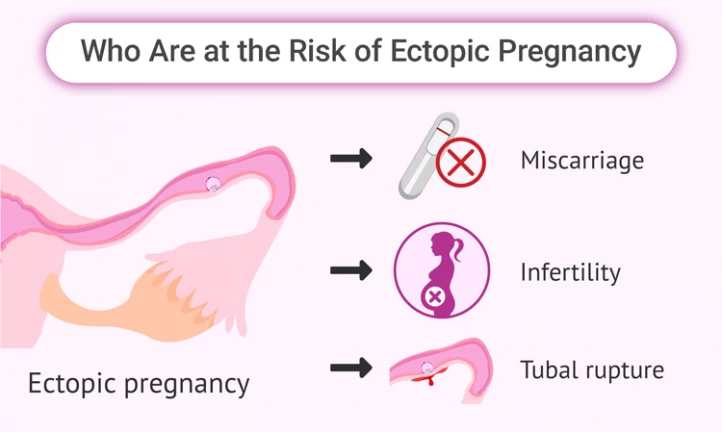
How to Prevent Ectopic Pregnancy?
It is not possible to prevent an ectopic pregnancy, but you can lower its risk by following these instructions:
- Avoid having multiple sex partners;
- Use condoms to prevent sexually transmitted diseases;
- Treat pelvic infection in time;
- Quit smoking;
- Maintain feminine hygiene;
- Take periodic gynecological examinations and
- Reduce your stress.
Is Ectopic Pregnancy Painful?
Usually, ectopic pregnancy pain starts on the 4th to 12th week of pregnancy and first engages one side of the abdomen and the pelvic area. Also, if the ectopic pregnancy ruptures, it will irritate specific nerves on top of the body and cause pain in the shoulder or neck. Unfortunately, OTC painkillers and medications cannot control persistent ectopic pregnancy pain.

Ectopic Pregnancy Vaginal Bleeding
Vaginal bleeding is one of the first signs of ectopic pregnancy, which is sometimes misinterpreted as a normal period. The blood is either red or dark brown and is larger than regular menstrual blood. Moreover, ectopic bleeding starts and stops repeatedly and is accompanied by severe pain that OTC medications cannot control. So, if you have abnormal vaginal bleeding on the 6th to 8th week after your period, you should get a check-up.
Ectopic Pregnancy HCG Levels
During ectopic pregnancy, the HCG level may rise, fall, or stay normal; therefore, serial measurements must identify or confirm this type of pregnancy. Generally, a b-HCG level of ≤ 1,500 mIU per mL can signify ectopic pregnancy.
What Happens After Positive Ectopic Pregnancy Test?
If an ectopic pregnancy is diagnosed early, the doctor will prescribe medications to stop the egg growth. However, if the diseasse is advanced, the doctor performs ectopic pregnancy surgery to remove the cell from the body. In any case, contacting your doctor as soon as you notice the first symptoms of ectopic pregnancy, including vaginal pain and bleeding or extreme dizziness, is essential.
Symptoms of Fallopian Tube Rupture after Ectopic Pregnancy
In some cases, the fetus grows so large that it ruptures the fallopian tube. Despite being rare, this complication of ectopic pregnancy is serious and may cause severe internal bleeding and even death of the mother. The early signs of fallopian tube rupture include:
- Sharp pain in the lower abdomen and back
- Dizziness and fainting
- Feeling nauseous
- Looking pale
- Low blood pressure

Ectopic Pregnancy Treatment
Ectopic pregnancy is one of the essential emergency conditions that should be diagnosed as soon as possible to save the mother's life and maintain her fertility. Choosing the best treatment for ectopic pregnancy depends on the time of the diagnosis, the degree of certainty, the pregnancy's location, the hCG level, the extent of pain, and the fetus's size. In general, there are three treatments for ectopic pregnancy:
Medical treatment
If the ectopic pregnancy is detected early, the size of the fetus is still small, and the pregnancy is diagnosed with %100 accuracy, medical treatment can be used. This method injects an anticancer drug called methotrexate into the fallopian tube to stop the egg from growing and kill it. If the drug works effectively, the mother will have cramps, dizziness, diarrhea, bleeding, and tissue expulsion (like abortion).
The medical treatment for ectopic pregnancy is mainly done under spinal anesthesia but does not require hospitalization. You should know that this method does not pose a problem for future pregnancies, but you will not be able to get pregnant for three months after taking methotrexate because this medication can be harmful to the baby.
Laparoscopic surgery (salpingostomy)
Laparoscopic surgery can be used if ectopic pregnancy is diagnosed in the early stages and the size of the fetus is less than 4 cm. In this method, some incisions are made on the abdomen, and then tiny cameras and surgical tools are inserted into the body.
After that, the pregnancy and -if necessary- the damaged fallopian tubes are removed from the body, and the incision site is sutured.
This operation is performed under general anesthesia and takes about an hour. In most cases, the patient is discharged a day after the surgery, but recovery lasts for at least a month.
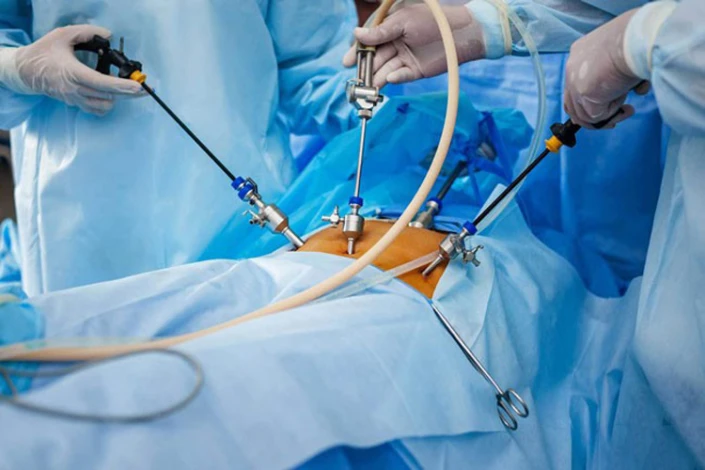
Laparotomy (open surgery)
If the pregnancy is in the second trimester and the size of the fetus is more than four centimeters, the risk of fallopian tube rupture is very high, and the mother's life might be in danger. At this time, the most suitable treatment is open surgery or laparotomy. The surgeon opens the abdomen under general anesthesia and removes the fetus and other damaged tissues, such as the fallopian tubes.
In some situations, the fallopian tube can be repaired, but sometimes, it is necessary to remove the ruptured tube immediately (salpingectomy). The uterus is also damaged in rare cases and should be removed through hysterectomy surgery.
It is noteworthy that after surgical treatment of ectopic pregnancy, it is necessary to get plenty of rest, have a balanced diet rich in fiber, keep incisions clean to prevent infection, not lift and push heavy objects, stay hydrated, and, more importantly, avoid having sex for a few weeks.
Also, you may experience light bleeding for a few weeks after the regular operation, but if the bleeding is severe or you have had blood clot discharges, you should see your doctor as soon as possible.
Successful Pregnancy after Ectopic Pregnancy
The chance of having a successful pregnancy after an ectopic pregnancy is almost 60% to 65%, depending on the cause of the first ectopic pregnancy, the treatment used, and the condition of the fallopian tubes. Statistics show that more than 60% of women who experienced extrauterine pregnancy will have a normal pregnancy 18 months after recovery.
Most physicians recommend that if methotrexate was injected during the ectopic pregnancy, the couple should postpone the pregnancy until the next three months. This drug can alter the metabolism and affect the gametes. During this time, the woman's physical condition will improve, and she will be mentally ready for the subsequent pregnancy.
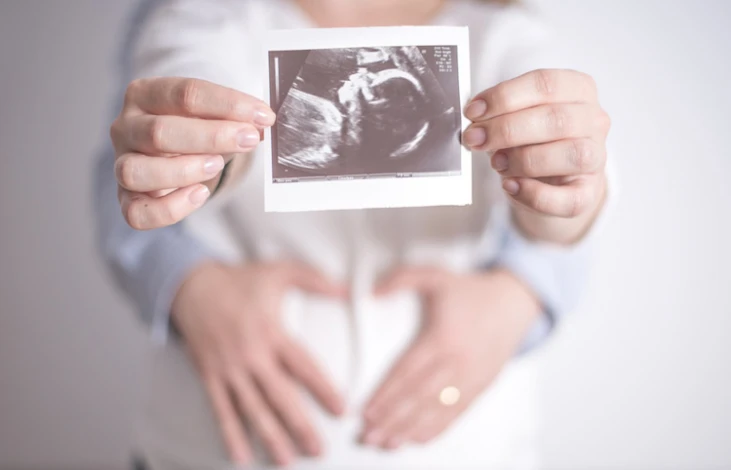
Conclusion
In sum, ectopic pregnancy is an instance of failed pregnancy in which the fertilized egg grows outside the uterus, for example, in the fallopian tubes or ovaries.
The risk of ectopic pregnancy is so severe that if it is not diagnosed and treated in time, it can lead to internal bleeding, severe pain, and even the mother's death. Therefore, diagnosing the signs of ectopic pregnancy in time plays an important role in saving the mother's life.
To that end, having an experienced obstetrician who owns up-to-date medical equipment for maternity is essential.
Contact us for a free initial consultation about Ectopic Pregnancy
FAQs on Ectopic Pregnancy
Can a pregnancy test detect an ectopic pregnancy?
Yes. Since ectopic pregnancy produces HCG hormone, it can be detected using home pregnancy tests. A transvaginal ultrasound scan is recommended as soon as you notice the warning signs.
What are the symptoms of ruptured ectopic pregnancy?
The main signs of ruptured ectopic pregnancy are sudden and severe pain in the lower abdomen or one side of the belly, irregular bleeding, vibration, and pain during sexual intercourse.
Where are ectopic pregnancy pain locations?
The pain of ectopic pregnancy mainly starts from the pelvis or abdomen and can even reach the shoulder or neck. Usually, the pain is in one side of the belly.
Do you get a belly during ectopic pregnancy?
You don't get a bumpy belly during an ectopic pregnancy, as it leads to miscarriage in the first trimester. However, if the fallopian tubes burst, the abdomen will swell.
What are the signs of ectopic pregnancy at week 6?
Pain in the abdomen and pelvis, vaginal bleeding or spotting, difficulty or pain during urinating, watery brown discharges, and nausea and vomiting are the main symptoms of ectopic pregnancy at week 6.
What color is blood from ectopic pregnancy?
The color of ectopic pregnancy blood is either red or dark brown. It is also watery and more prolonged than a normal period.
What are the early warning signs of ectopic pregnancy?
The first and foremost warning signs of an ectopic pregnancy are missed periods, light vaginal bleeding, pain in one side of the abdomen, and pelvic pain. If you have any of these symptoms, contact your doctor immediately because ectopic rupture can lead to internal bleeding.
When does ectopic pregnancy pain start?
The early pain of ectopic pregnancy usually starts on the 4th to 12th week of pregnancy. You probably first feel the pain in your pelvis and one side of your abdomen, but the pain gradually develops all over the stomach.
Is ectopic pregnancy a medical emergency?
Ectopic pregnancy needs immediate medical care as it can lead to internal bleeding and even death of the mother.
Can my pregnancy continue after an ectopic pregnancy?
An embryo can only grow in the uterus environment, not in the fallopian tubes. Therefore, an ectopic pregnancy cannot succeed, and the embryo needs to be removed from the body.
Can ectopic pregnancy be detected at week 4?
The short answer is yes. Usually, the symptoms of ectopic pregnancy are revealed between the 4th and 12th weeks of pregnancy. Signs of ectopic pregnancy at 4 weeks are vaginal bleeding, pain in the lower abdomen, problems when urinating (feeling pain and pressure in your bladder), low blood pressure or fainting, and severe nausea or vomiting.
Where is ectopic pregnancy pain usually located?
Pain from an ectopic pregnancy often starts on one side of the lower abdomen or pelvis and may spread to the shoulder tip if internal bleeding occurs.
What are the earliest signs of ectopic pregnancy?
The earliest signs can include light vaginal bleeding, sharp abdominal or pelvic pain, dizziness, and shoulder pain if there’s internal bleeding.
What does ectopic pregnancy pain feel like?
It usually feels sharp or stabbing and can come and go, but may worsen with movement or straining.
How can ectopic pregnancy be detected early?
Doctors use transvaginal ultrasound and blood tests for hCG levels to detect an ectopic pregnancy before it ruptures.

 WhatsApp
WhatsApp
 Telegram
Telegram
 Facebook
Facebook
 Email
Email

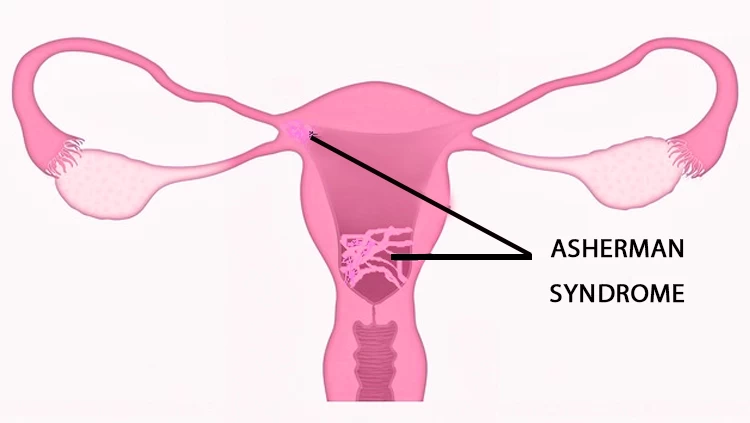

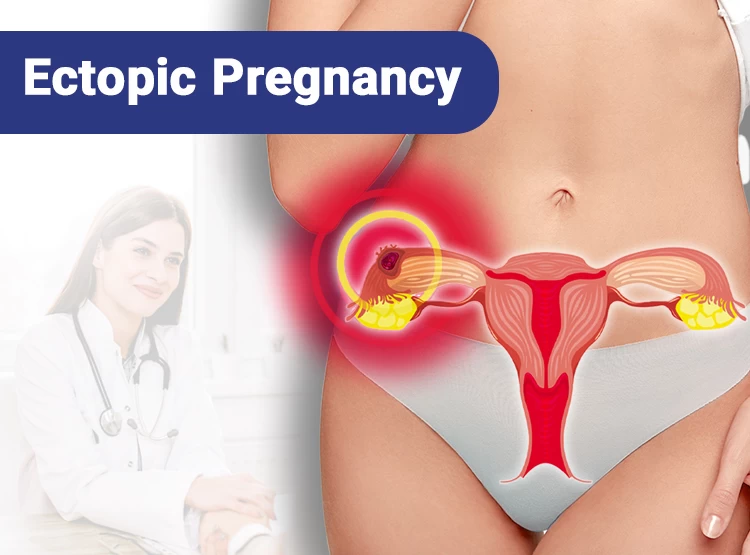
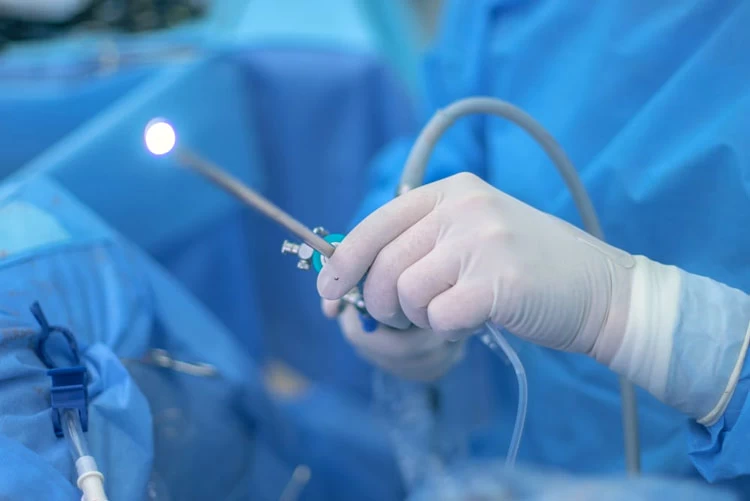
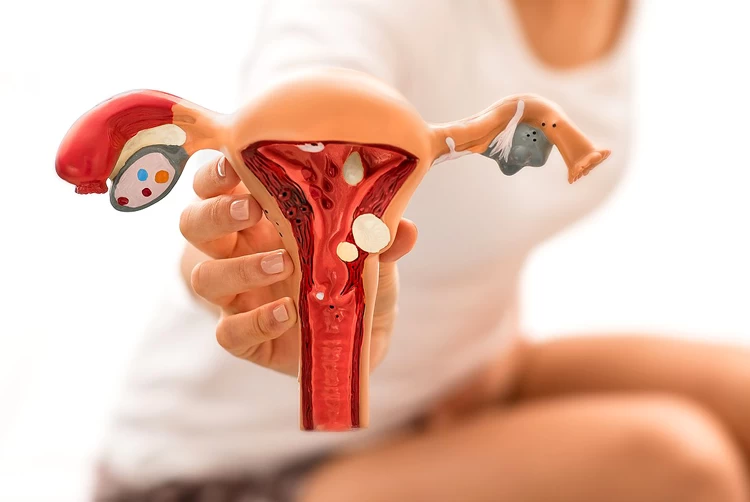

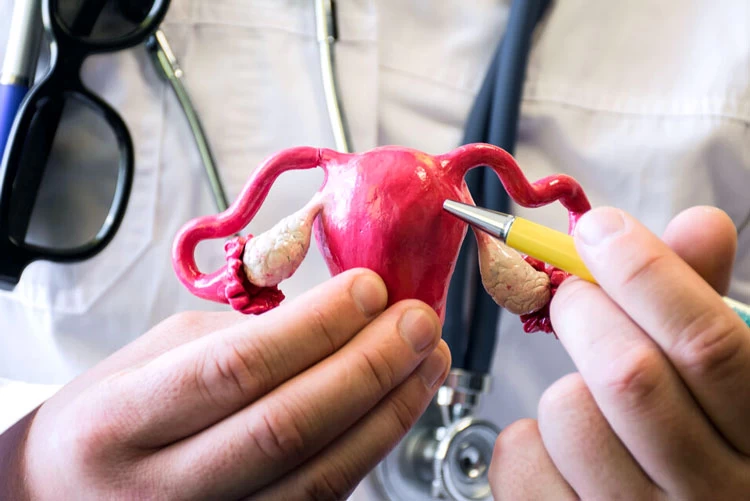

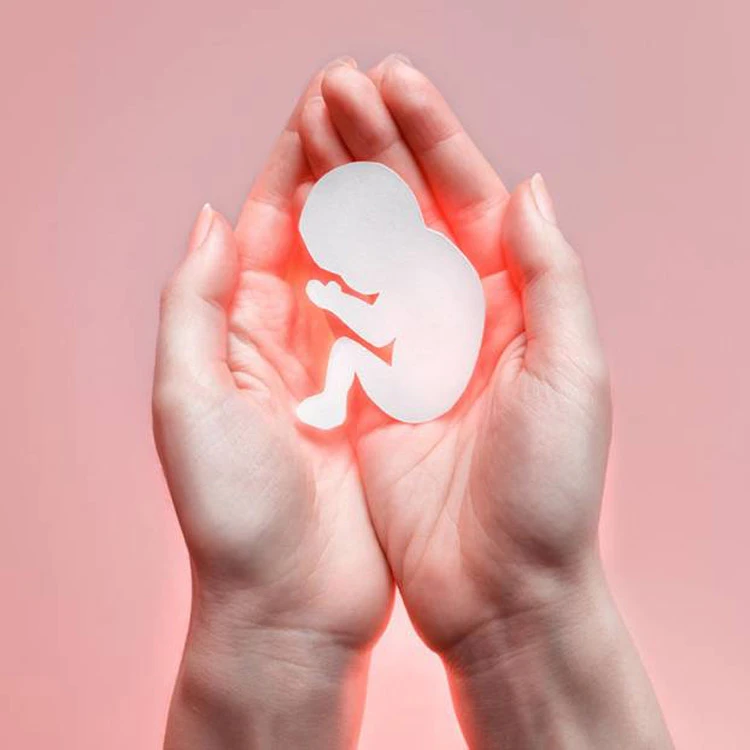


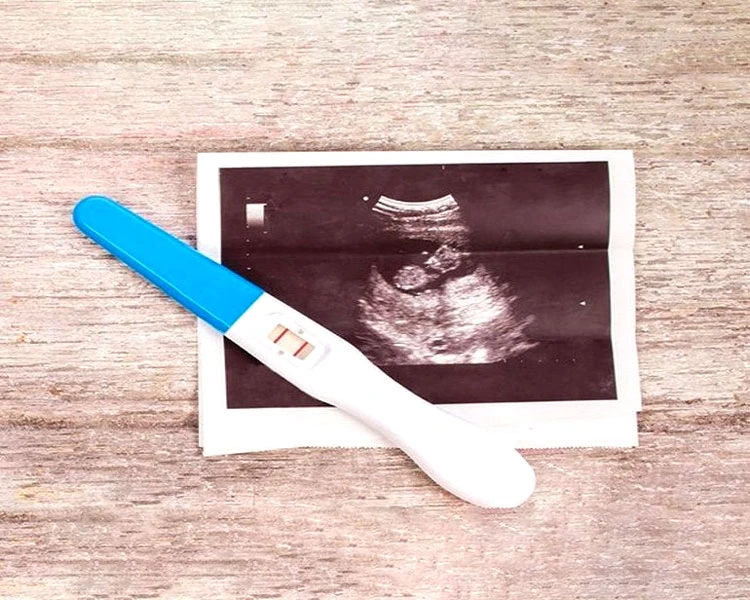
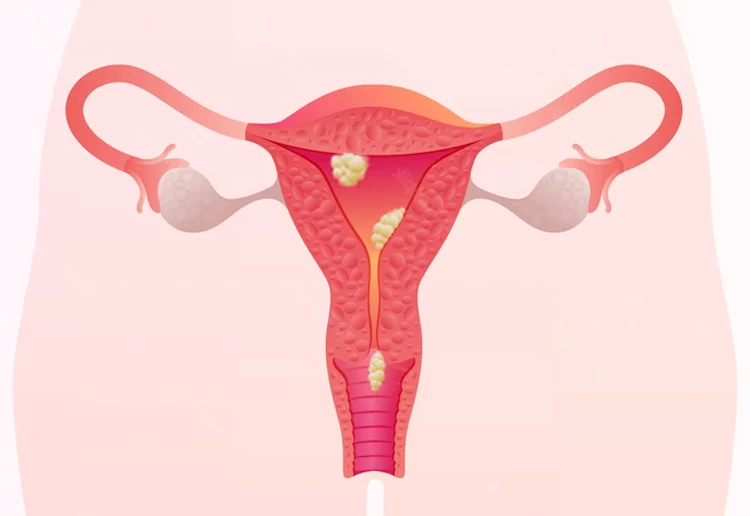


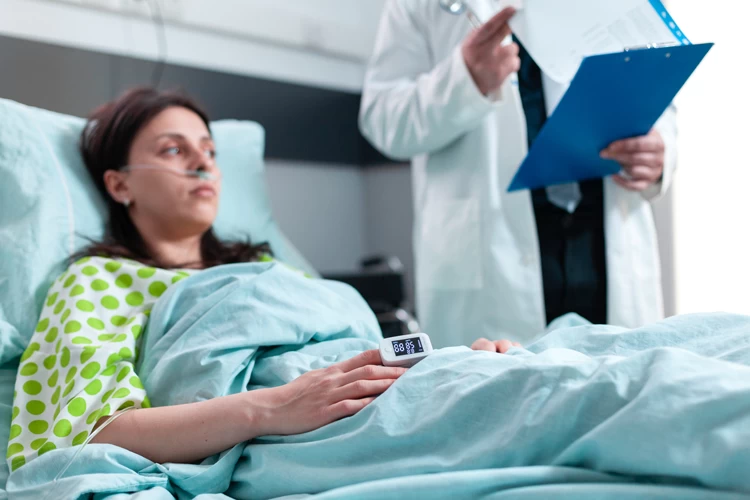


User
-Amazing blog post you have shared here. Keep sharing such amazing and useful blog posts with us. We would love to read your upcoming blogs. Thank you for the post.
User
-Excellent Advice! We appreciate you giving us this information.
User
-Many African women are in living villages and town, how will they know as to whether they are suffering from ectopic pregnancy? I do appreciate your effort.
Fatemeh Vajhi
-hi -The most common symptoms of an ectopic pregnancy can be a combination of the following:
A period of no menstruation and having other symptoms of pregnancy
Unilateral pain in the lower abdomen
Having vaginal bleeding or watery brown discharge
Pain in the shoulders
Discomfort and burning sensation when urinating
Very high beta number in beta pregnancy test